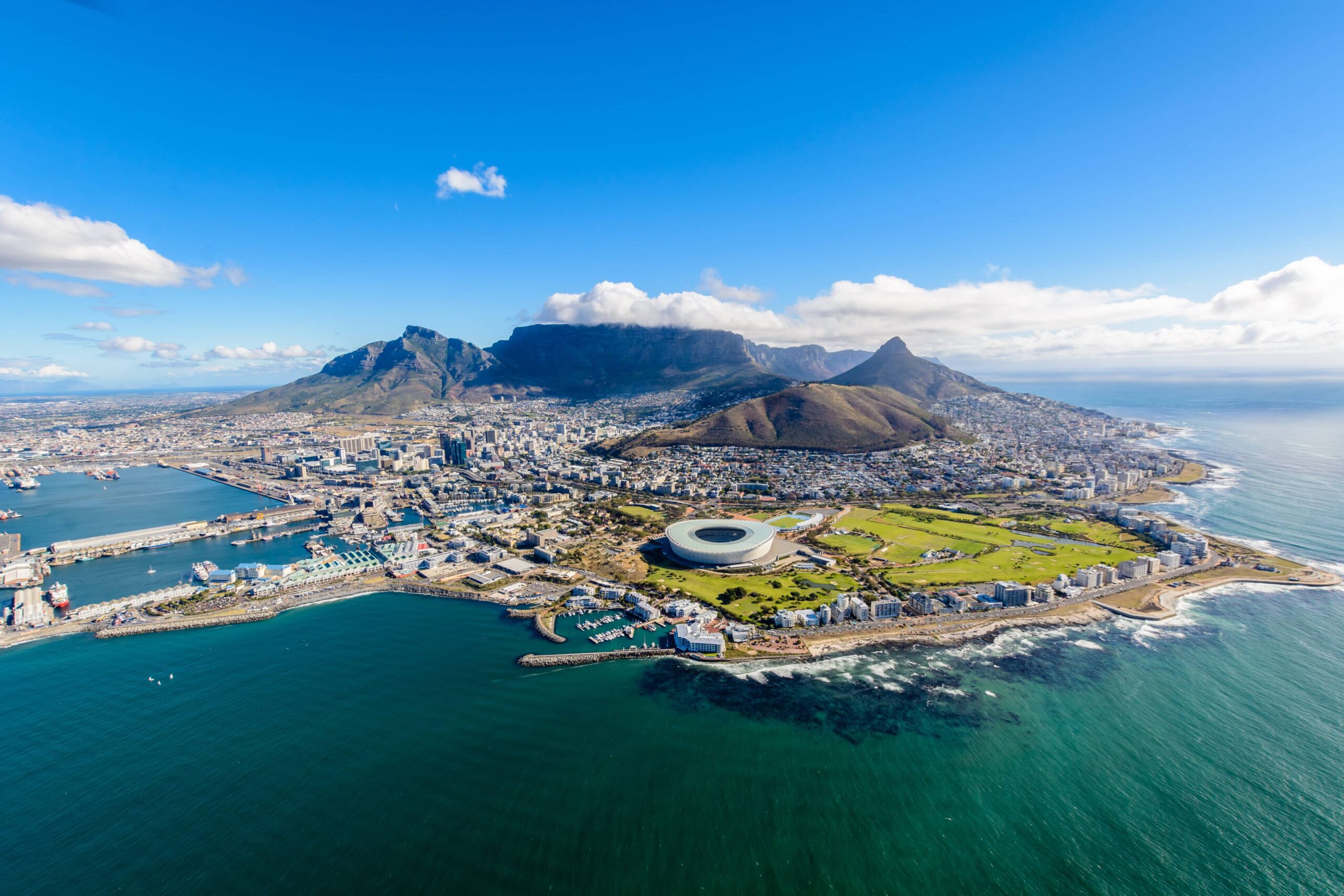
Canna Beginners: How To Legally Use Cannabis In South Africa
Cannabis is known by different names around the world; In South Africa it is most commonly referred to as “Dagga” (in Afrikaans) or “umthunzi wez’nkukhu” (in Zulu), which translates to “chicken shadow”. While South Africa, like Japan, has a long history of cannabis cultivation, cannabis for adult use is not yet fully legal, but it has been decriminalized and is widely tolerated as long as it is used privately.
Can you bring cannabis to South Africa?
Before we delve into South Africa’s cannabis laws, a word on introducing cannabis to South Africa – don’t. While a 2019 directive to domestic police clarified that cannabis may be carried on domestic flights within South Africa (so long as the quantity is “small”, for “personal use” and is “possessed by an adult”) the same policy is very aptly clear: “Cannabis shall not be accepted on an international flight.” Bringing or exporting cannabis to South Africa remains a criminal offence.
Long history of cannabis cultivation in South Africa
Although the cannabis plant is thought to have originated somewhere on the Tibetan Plateau, it made its way to Africa soon enough, where strains were developed that are widely considered “landraces,” meaning those bred by the land rather than by humans. The most famous African landrace strains include Red Congolese and Durban Poison. Durban Poison originally comes from the region around the port city of Durban in South Africa. This strain is known to have exceptionally high levels of THCv and its genetics have been used in some very famous strains such as Cookies.
The Pondoland area of the Eastern Cape (right next to the KwaZulu-Natal province where Durban is located) can be considered South Africa’s Emerald Triangle. It is home to nearly a million unregulated small farmers who have been growing crops for generations and face constant threats from the government’s war on drugs. In this region, cannabis is more likely to be heard in Zulu than in Afrikaans.
Limited Medical Cannabis Program
Medical cannabis use in South Africa is regulated by the Medicines and Related Substances Act 1965, which categorizes the substances into groups of 1 to 8, with 8 being the most toxic and least medicinally useful substance. The Medicines Act originally listed both herbal THC and CBD as Schedule 7 substances, but in 2019 it was amended and CBD is now a Schedule 4 substance or possibly exempt. Schedule 4 substances require a prescription and are purchased from pharmacies. However, extracurricular CBD products are sold in a variety of stores across South Africa, but are very low in cannabinoid content.
THC products can be used medicinally but are subject to Schedule 6 regulations and, like Schedule 4 CBD products, can only be used with a prescription from an authorized prescribing physician and can only be purchased from pharmacies or a business holding a dispensing license under the Medicines Act has . A permit from the Ministry of Health is also required for THC products. It is very important to understand the limitations of the Drugs Act, as violating its provisions relating to cannabis can carry a prison sentence of up to a decade and a fine.
Cannabis is decriminalized for personal use but is not legal
The case that ultimately led to cannabis being decriminalized for personal use began with a police raid on the home of Myrtle Clarke and Julian Stobbs in 2010, who faced possession and distribution charges as a result of the raid. Clarke, Stobbs and a Rastafarian named Ras Garreth Prince sued the government in 2017, and a year later, in September 2018, South Africa’s Supreme Court ruled in their favor, decriminalizing the possession and use of cannabis in private. The definition of “private” used by the court was broad enough, since privacy existed not only in their home but in any private place. While raw herbal cannabis has been decriminalized, pure isolated THC is still subject to the provisions of the Medicines Act. So, if you want to be as legal as possible to consume cannabis in South Africa, that means using herbal cannabis or whole plant extracts, specifically only to use them in private rooms. The Drugs and Drug Trafficking Act of 1992 is still in force and still criminalizes all non-private use of cannabis. Therefore, make sure that the consumption takes place in the private sphere, otherwise you could face between one and two years in prison (and possibly even a prison sentence). Fine).
The legalization of adult use could be completed this year
Once the cannabis decriminalization case was settled, activists like Clarke and Stobbs were already pushing for further, actual legalization that could create a cannabis industry and help these millions of traditional farms become legitimate businesses. Now it looks like legalization could become a reality in South Africa sometime this year, as a bill to fully legalize adult use goes through the legislature.
The Cannabis for Personal Use (CPPB) Bill has been in the works since 2020 and, after years of stalling, is scheduled to be voted sometime during the 2022-2023 legislature, leaving Parliament just four months to pass it. While the CPPB faltered for years, in the summer of 2021 the South African Department for Agriculture, Land Reform and Rural Development (DALRRD) created a “cannabis master plan” to address concerns about legalization.
Unfortunately, the publication of the DALRRD master plan did not eliminate the criticism of the CPPB. Cannabis use clubs, private spaces for use outside the home, that exist under decriminalization are wondering what will happen to them once legalized. These clubs are joined by traditional farmers, notably the Umzimvubu Farmers Support Network, which represents cannabis farmers in Pondoland, has been openly critical of the CPPB. The farmers’ and consumers’ unions were joined by the Rastafari community and, most recently, South Africa’s largest trade union, the Congress of South African Trade Unions (Cosatu).

Post a comment: